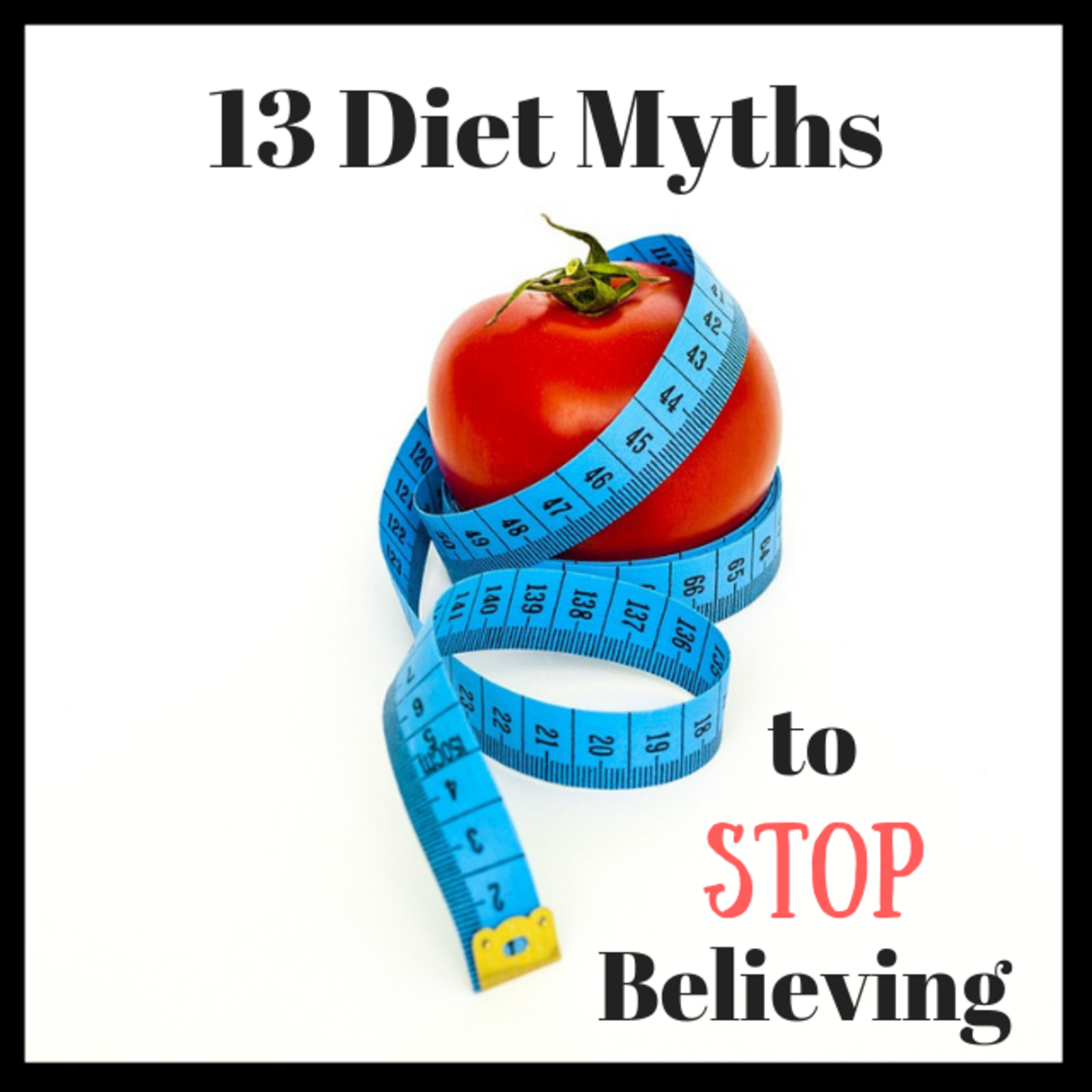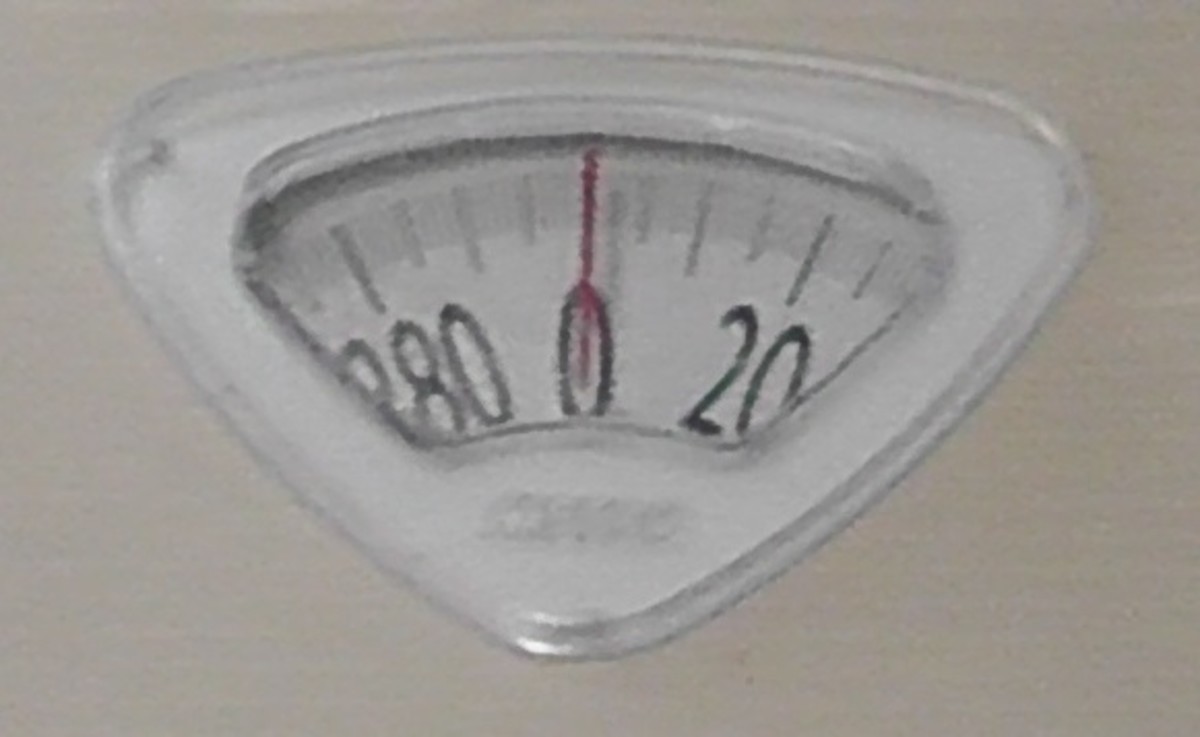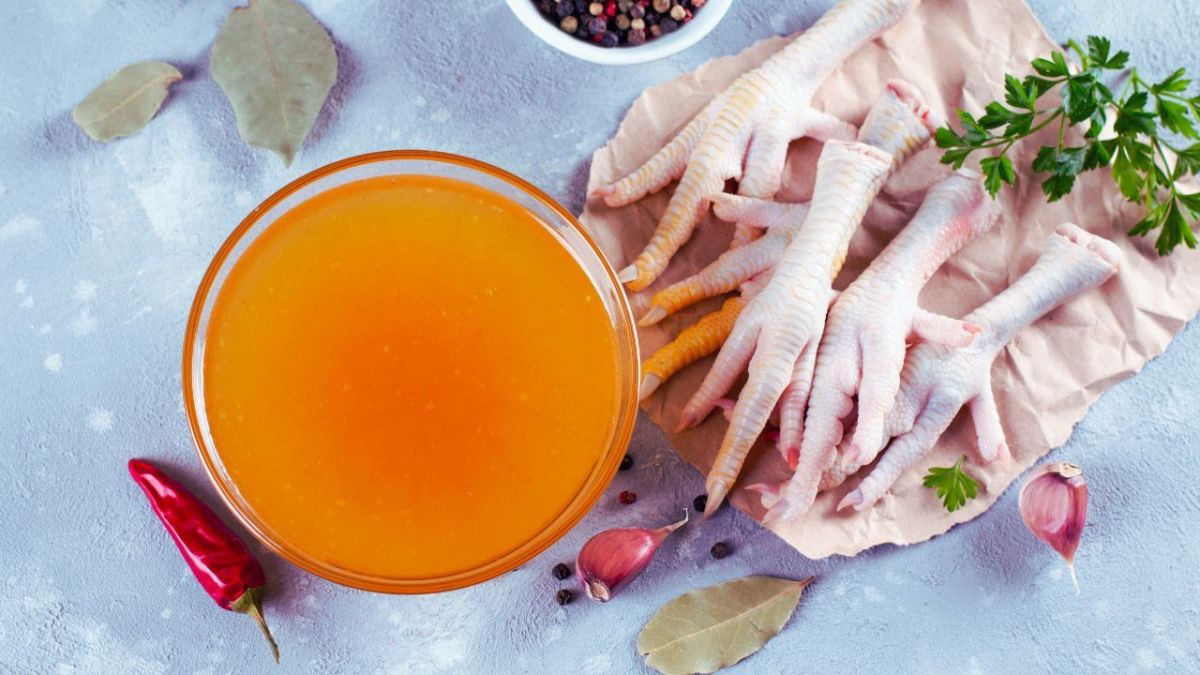Why Raw Food Dieters Are Starving Their Brains
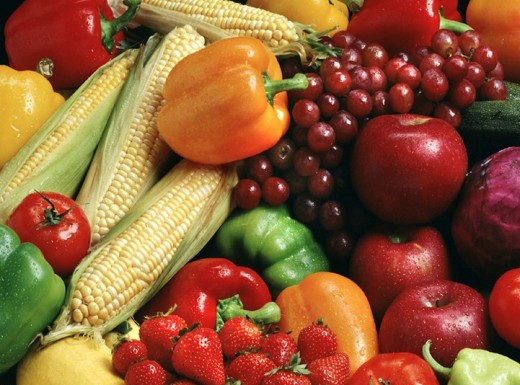
Sixty percent of your brain weight is fat! It's no wonder that brains that don't get enough healthy fats have serious dysfunction, most commonly by 2intelligence and behavior problems. Additionally, more and more evidence indicates that raw food dieters are starving their brains! But how can this be? Raw Diets are an effective diet for weight-loss, and they usually provide plenty of minerals, vitamins and essential enzymes that cooked foods destroy or modify. The reason, according to one 3study, is cooking. “A brain with more neurons needs more calories to sustain itself, and so a raw diet would not be adequate for evolution of the species,” concluded researchers. But the reason why cooking is effective is not only for the extra calories needed to increase brain size but also because of partial predigestion cooking has to breakdown protein and essential fats. So the point really is that if we are used to eating cooked food, suddenly changing over completely to a raw diet may create unexpected cravings for foods that we are used to. Incorporating more raw foods in our diets over time gives our body and brains a chance to get used to the changes and reduce cravings, and reducing the risk of not being able to sustain a completely raw food diet.
It's Not All One or the Other
What this means is that diets and fads don't work! The more extreme the diet, the higher the risk for cravings, frustrations, and failure! It means that the way you are used to eating is what your body expects, and when you suddenly change your usual diet to something unfamiliar or extreme, the more your body and brain are going to crave what it's used to. So how do you overcome this? By not completely changing your diet all at once. By reducing at first, and eventually eliminating unhealthy foods and patterns.
Why Healthy Fats Keep Your Brain and Body Healthy
You know you need to cut out unhealthy fats, but you also need to include EFAs (Essential Fatty Acids) like fish oil, olive oil, flaxseed oil, etc. You're doing your body and brain a favor with this trade-off because not only will you reduce your sugar cravings but they help in regulating hormones, which also help with weight maintenance, and as a result, your brain will tell your body it can quit eating because you're getting the nutrients you need. When your brain doesn't get the healthy fats it needs, it's starving and you'll get cravings, most often for sugar.
Yes, cut out sugars from carbonated drinks sweets and desserts, and if you can, cut out diet carbonated drinks! But don't don't go cold turkey on it and white knuckle your way to finally giving in to overpowering cravings, which make you feel like you've lost the battle and cause you to give in to your old habits. Reduce first. Instead of cutting out all desserts, sweets and sugary carbonated drinks, start with reducing the number of times you have them, and perhaps the amounts. Then over time, you can eliminate them without cravings and failure to stay on your healthy eating plan. But at the same time incorporate more healthy foods in your diet, replacing more often your unhealthy choices.
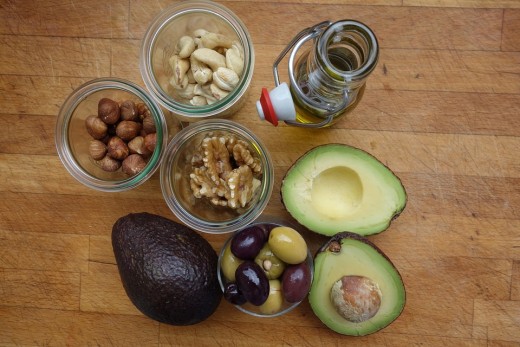
Give Yourself a Cheat Meal (Yes, Really)
This is important. It's verified in nearly every legitimate healthy eating plan. Choose one day a week where you can allow yourself or one to two meals, to eat anything you crave and want. But just one or two meals. This is also known to some experts as "calorie confusion," meaning if you stick with the same number of reduced calories each day, your body will revolt with cravings. By giving yourself a cheat meal or two once in a while, your body and brain get the relief they need with calories they're used to, and your brain sends signals to your body that you're actually not starving. And so you can continue with your better, healthier eating plan. And as time goes on, you'll eventually discover that your cheat day doesn't make you feel good and the thought of it just isn't appealing because your body and brain are now used to eating much more healthy. How cool is that!? Our bodies are amazing at adapting, but give yourself the edge you need by not overwhelming your body with too many changes all at once.
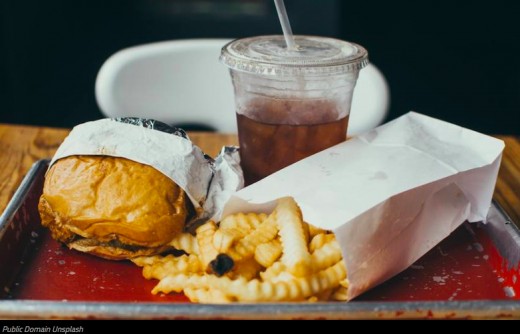
Insulin and Leptin Resistance
Insulin resistance is the single biggest contributor to late-onset diabetes or Type 2 Diabetes. It simply means that your body is not responding well to the insulin that it produces to break down sugars to feed your cells. It takes more and more insulin to do the job correctly, therefore, you become "resistant."
But did you know this also true with leptin, the fat burning hormone? It goes back to brain function. When your brain doesn't get the nutrients and fats it needs, it keeps sending hunger signals for you to keep eating, and so all the extra calories you don't burn are stored as fat on your body. Obese bodies usually have leptin levels that are quite high, but they are leptin resistant so leptin can't do its job effectively.
The way to overcome resistance to both of these is to make changes for healthy eating patterns. Include changes like eating more fresh vegetables and salads. Include fresh fruits, but not too many, because they are usually quite sugary. Include healthy EFAs, and lean sources of protein and your resistance levels will go down, your assimilation and digestion of nutrients will go up, your brain won't be starving and hungry and your body will reward you but naturally letting go of excess weight.
Another key part that many people overlook is incorporating a healthy probiotic in their diet regularly. Probiotics include cultures found in our digestive systems in foods like yogurt, kefir, and kombucha. Optimal digestion and assimilation of nutrients can't be underestimated in living our optimum weight and health. Sometimes parasites, intestinal yeast, and other factors have to be overcome before real health and weight loss can occur.
Resources
© 2013 Daniel Carter



